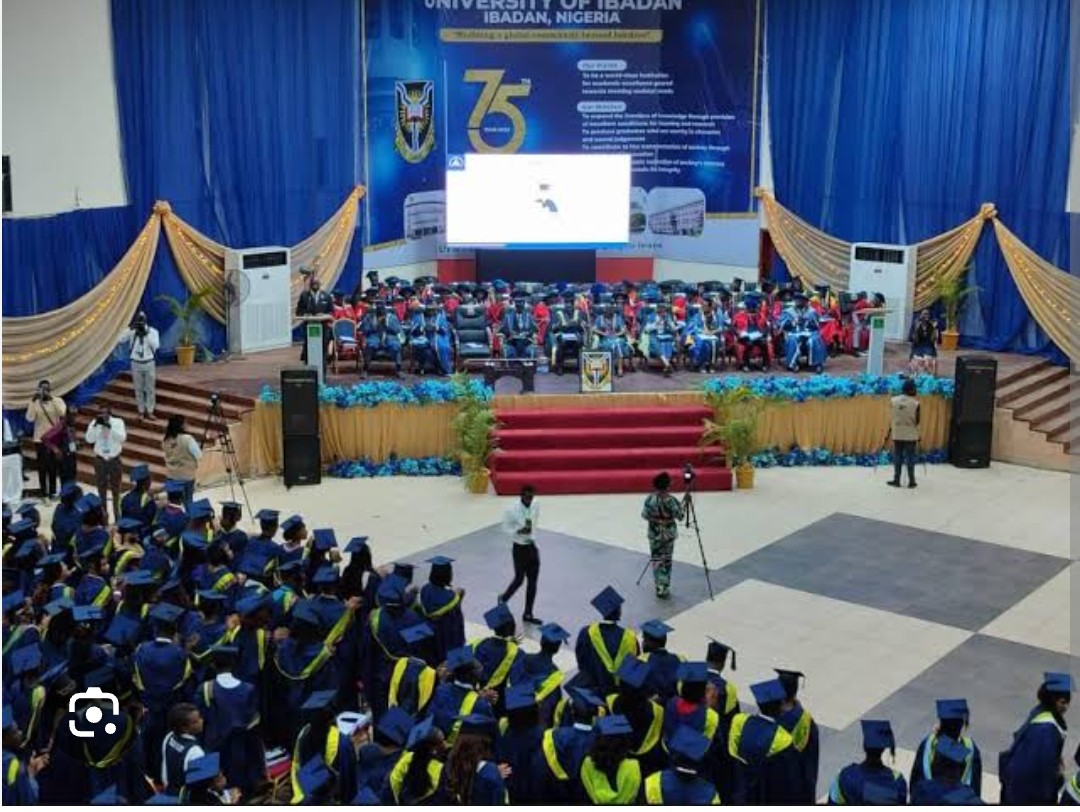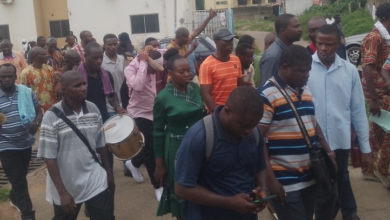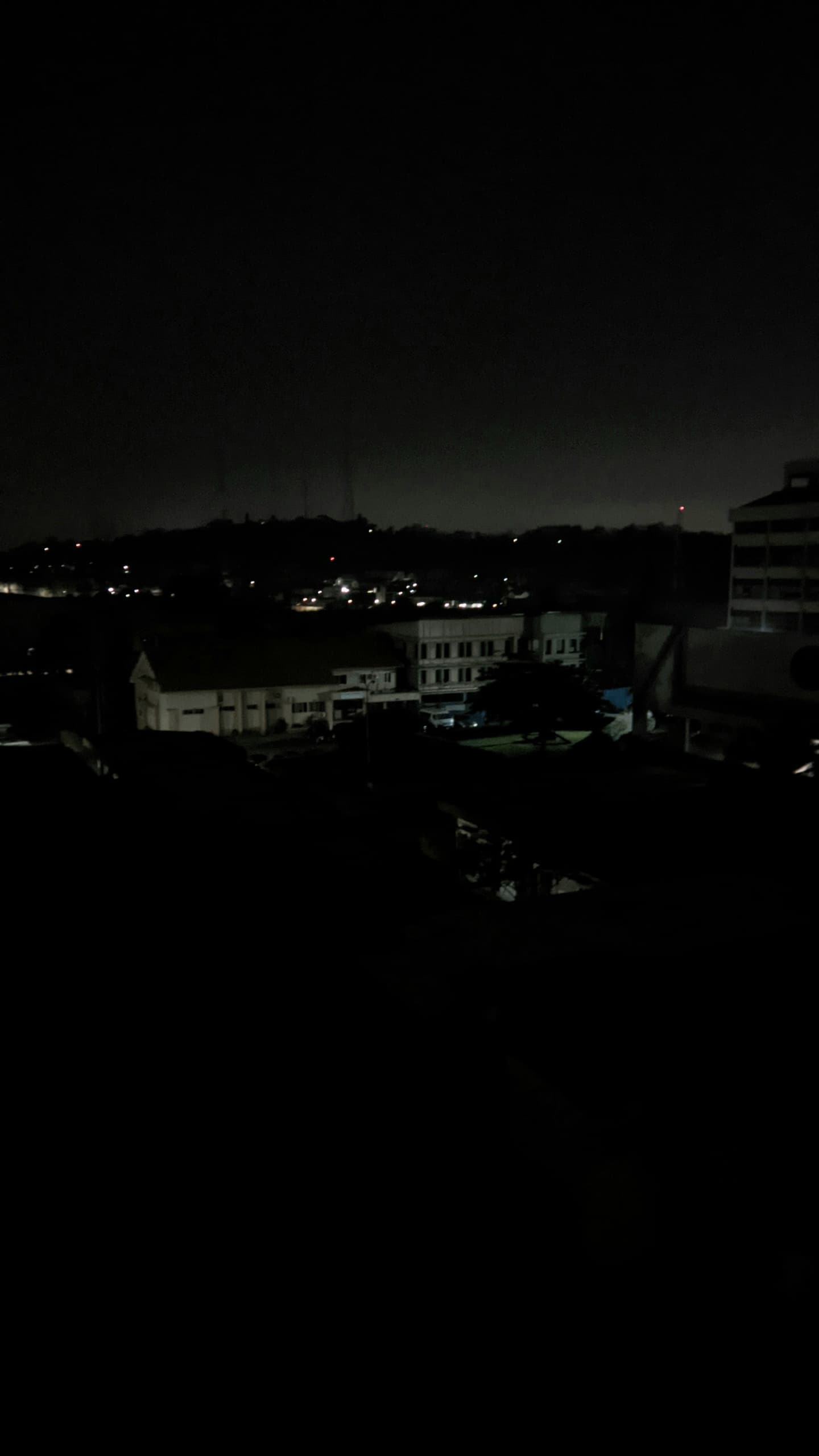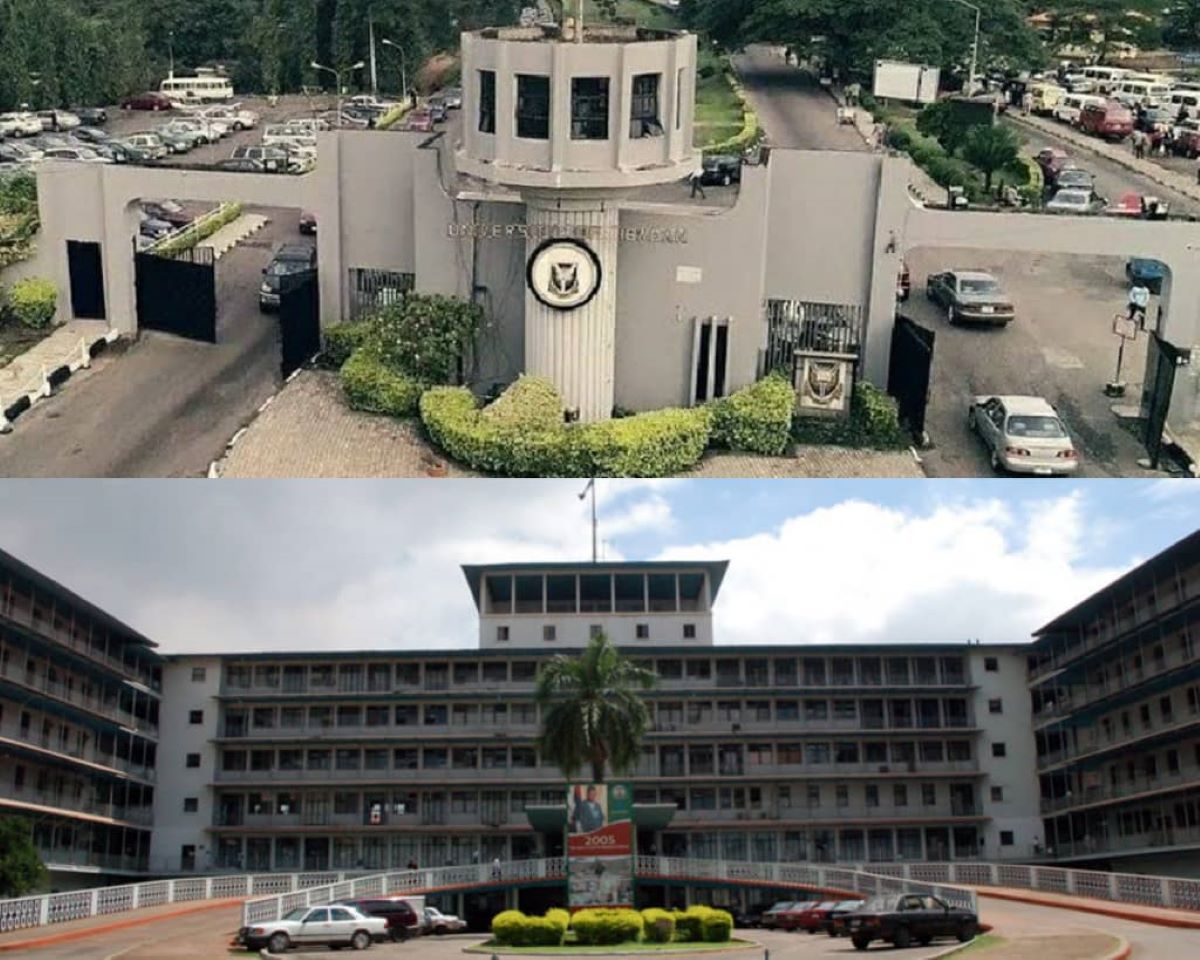The July 16-17 Protests: A Lesson for CoM-UI Students
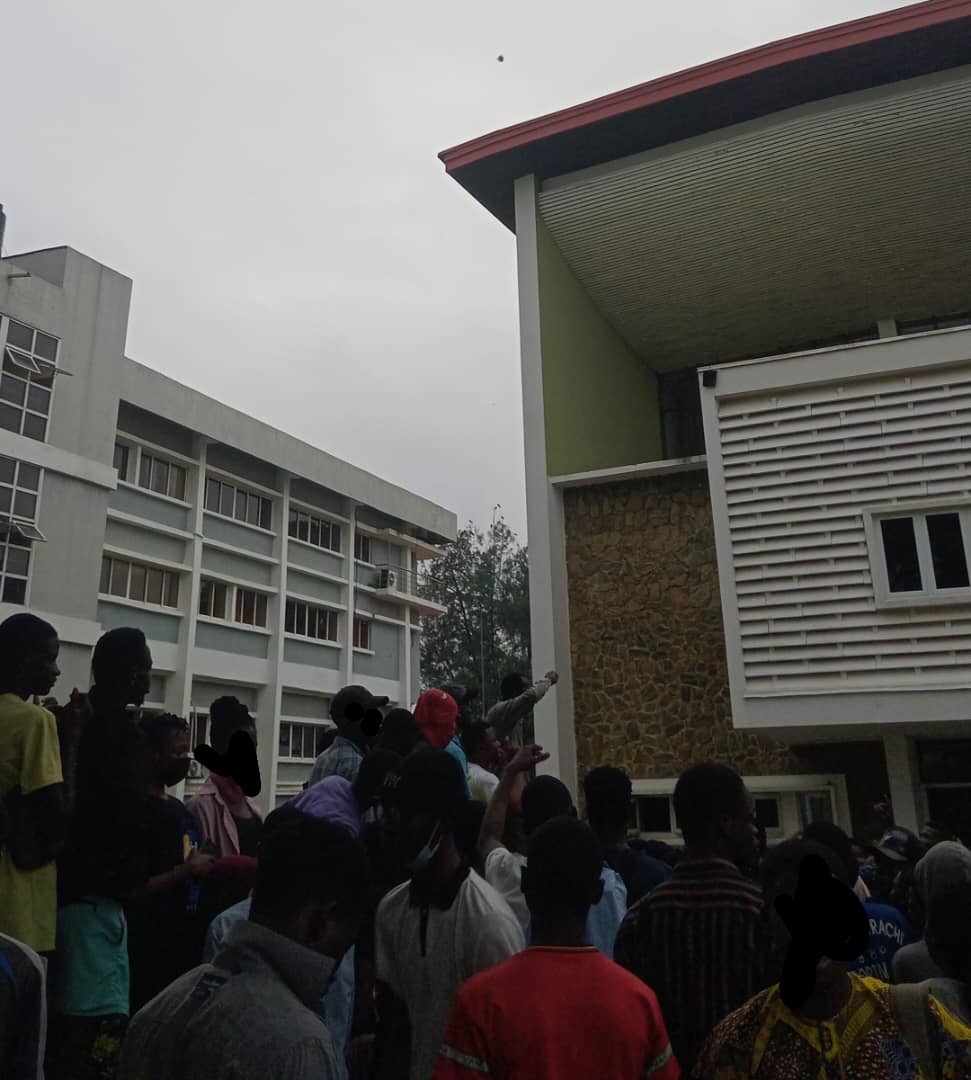
On the 16th of July, 2024, the UIMSA Press released an article analyzing Kenya’s recent successful protests and how it reflects on Nigeria’s studentship. A takeaway from that article was how the revolution in Kenya should be a coveted experience for Nigerian students who have been at the receiving end of unjust policies, irrational decisions, and bills from half-baked thought processes and how there has been little to no success in this regard. On the day of publication, the University of Ibadan community coincidentally received an internal memo — since distanced from by Management – stating a ten-hour electricity supply schedule within the university walls. UItes were to understand that they wouldn’t get power for as long as they used to, despite paying 20,000 Naira for Utility Fees. But little did we know that, on the same day of publication, UI, a microcosm of Nigeria, would send a not-so-subtle response to the aforementioned article, that enough truly was enough.
After some hours of darkness, the university was supposed to be ‘powered up’ by exactly 10pm but several minutes passed and the situation was still the same. Soon, the usual rites of chanting the House Secretary’s name, the VC’s, and some other pleas in indigenous lingo, filled the atmosphere. Customarily, it should have been just that. Not until the rites metamorphosed into a protest from some halls in the University, did it become apparent that a shift had taken place. WhatsApp statuses were different. UItes had taken their messages of displeasures off chat boxes to the march of the night. This movement progressed into different corners of the school calling for numbers. Voices responded, and combined with a well-coordinated approach, the message was sent to the authorities and everyone else listening. Even though timing prevented participation from students in the female halls of residence, and students from the clinical side of the divide — in UCH — there was enough strength in numbers on the 16th; or so many thought. By 12 PM on the 17th of July, it was apparent that this wasn’t the case.
Poor Representation from College of Medicine
There is always strength in numbers, the more individuals and organisations you can rally to your cause, the better.
Just as it would have been difficult to get females out of their halls during the late hours of the day, it would have been unsafe for students at the Alexander Brown Hall, and other hostels in UCH, to leave their abode and find their way down to UI on that evening of the 16th. But not the next day. Afterall, the march had concluded with a Congress, with resolutions agreed on and widely circulated; including a joint boycotting of academic activities so as to sustain the protest the next day. Everyone from the SU Executives to regular students — many of whom were ill opportune from participating prior — could be seen lending their voices, converging at the Tekena Tamuno Building. It just wasn’t the case with UIMSAites.
In fact, it wasn’t the case with members of sister associations in the College of Medicine. There was very poor representation from students and student leaders from this side of the divide. For context, the entirety of CoMUI’s undergraduate studentship had only two leaders present, the UI’SRC Chief Whip and UIMSA’s President. This is a not-so-fair situation considering the fact that numbers and representation are key to presenting our peculiar issues and even succinct suggestions that would benefit all UI students. It’s even in direct contrast with our recent history as students.
Docility Beyond #NoTo100k
Sometime in 2018, medical students raised their voices against the hike in Health Professional Training Levy (HPTL) fees in peaceful marches, airing out their grievances. The cost of making new doctors was going to be extravagant and overly expensive for many families whose wards had dared to learn the art of medicine. A highlight of the aftermath of this protest was the victimization of certain students who were at the frontlines of these demonstrations. These students were met with unfair treatment; knowledge of which has passed down the ranks, down the years.
It will be dishonest to admit that that situation did not create fear and heavy apathy towards demonstrations in such contexts. However, Noto100k worked, and we have not had an increment in HPTL since then even amidst the exorbitant increases in other fees. We understand that victimization or scapegoating are a likelihood as outcomes of speaking up but the consequences of not speaking up at all are even worse. Quietly accepting policies only results in sparser lecture theaters and laboratories because of a massive rate of dropout or alternatively, accrual of heavy loans, with no clear futuristic plan of payback.
UI students understood a lot was at stake and they were able to guide against victimisation for the most part, hence the masked faces and covered bodies for some. Even journalists understood and were sure not to publish stories which featured explicit images of students’ faces. The essence of all this is to point out the fact that students who came out were aware of victimisation, and did their best to avoid identification while fighting for their cause. There was always an alternative if that’s what most people were concerned about. So, perhaps it reflects on something else, which means once again, we must dwell on leadership.
Politics of Activism vs Politics of Administration
There’s a loop of ‘sameness’ in the leadership of College of Medicine Student associations. In press and manifesto nights, we see the same things being pushed over the years, clearly communicating a level of comfort in the status quo. This issue has had a ripple effect that hits home, with UIMSA’s politics – which has been over flogged – and leadership in general, basically.
Medical students have shown, in recent years, that medicine doesn’t stop them from taking up leadership roles on the university main campus. In fact, the College of Medicine produced the erstwhile SU President and SRC Speaker. One would think that in terms of politics of activism, we would be out there in our numbers – numbers that are recognised when it’s time for SU elections and enfranchisement. However, it appears that participation has its bulk under the politics of administration and service for our leaders. On SU elections and enfranchisement, it might appear that our role, as students under the college, ends at being at the receiving end of solicitation for votes. Even the students from the college that take up leadership positions have been able to command votes from their association and sister associations but in terms of activism, when needed, there has not been much to refer back to.
COMUI Students; Victims of Gruelling Schedules?
While we underscore the importance of participation and representation in events capable of a paradigm shift, we are also not oblivious to the burdensome schedules that medical students have to cope with, from as early as their sophomore years till the finals. On the day the protest happened, third-year medical students were hours away from a hectic line-up of CAs, while the 500-level class were in the midst of tests leading up to MB II. Other classes had lectures, practicals, ward rounds, and postings lined up, depriving them of free time — or any time at all — to devote to other things.
That being said, protests like this are unusual and indicative of the dire state of things . If anything, medical students paying the most fees in UI and suffering from ABH’s epileptic power supply makes us the group whose voices should be the loudest in such demonstrations. For context, ABH’s electricity issue was mentioned at the protest and negotiation ground because of representation from our side of the divide, little as it was. In the event that none came around, it means that we would have wasted a rare opportunity to voice out our grievances that are not visible to the average UI student on the main campus. What does this all culminate in, in the long run?
Long Term Effects
When we fail to correct our missteps as a majority, in the name of status quo, we set harmful precedents for all, regardless of the level of participation of the minority. Yes, we had signatures from the Faculty of Clinical Sciences and Alexander Brown Hall representatives, but what happens in events where immediacy is needed and our voices are missing? It’s a question whose answer bodes poorly for us, as UIMSAites. We would be subject to enduring until we can’t, and even then, we wouldn’t have the strength of the collective on our side.
As such, we must stem this time of selective political participation. We can’t afford recognition only during times of enfranchisement. We can’t afford a situation whereby medical students seeking to serve the student populace via Union positions are looked down on due to the seeming anti-activist stance of students of CoMUI; capacity of said student notwithstanding. Yes, we are at the risk of victimization. Yes, we have gruelling schedules, but when unusual events call for our voices, we should be able to afford proper representation in the places that matter.
